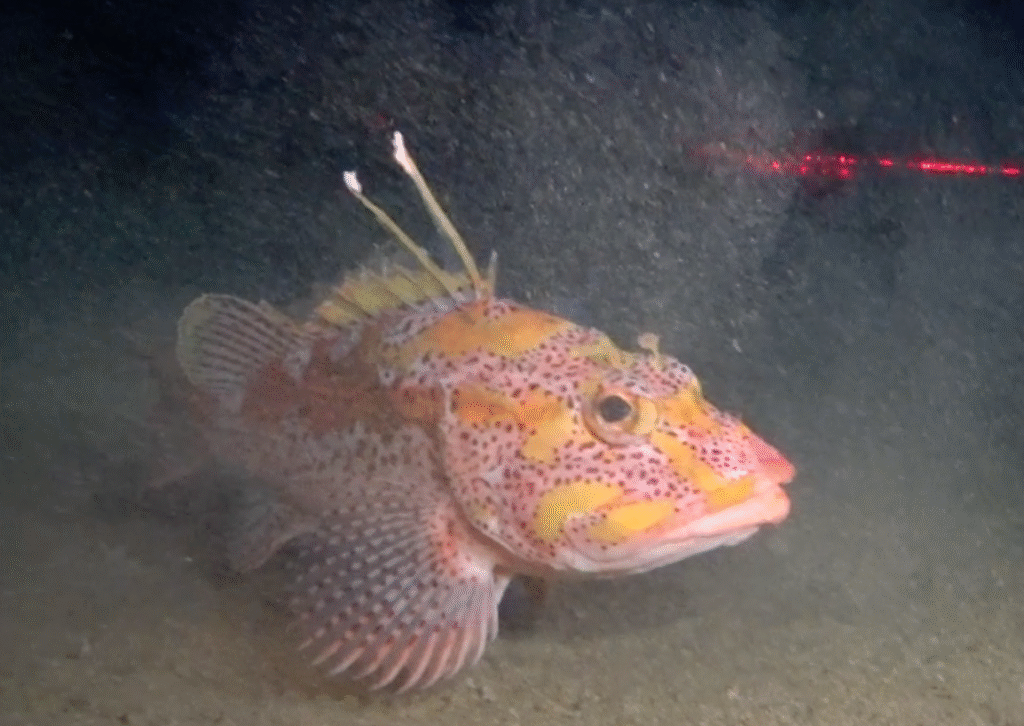Assessment of feeding patterns of the mottled scorpionfish (Pontinus clemensi) in the Galápagos Marine Reserve

The Spotted Scorpionfish (Pontinus clemensi) is a species of high economic, ecological, and cultural value in the Galápagos Islands. In recent years, it has gained relevance in the artisanal fisheries of the Galápagos Marine Reserve (GMR) due to the overexploitation of traditional species such as bacalao (Mycteroperca olfax) and camotillo (Paralabrax albomaculatus). As a result, its presence in local markets and its consumption within the community have increased.


